Game Designers Take Baby Steps Toward Web3 Vision
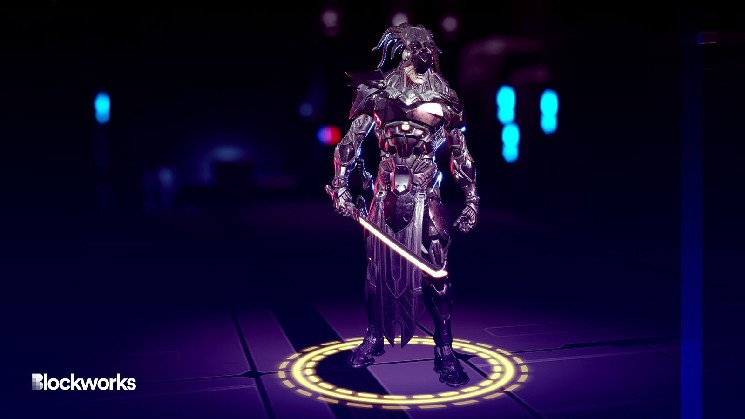
Play-to-earn games may have faded from view, but Web3 gaming start-ups are plowing ahead with functional NFT integrations, and Web2 game publishers are preparing to incorporate some of the same concepts into their existing franchises.
In the “if you build it, they will come” mold, Unioverse has debuted its first playable proof-of-concept, Proving Ground, a single-player time trial which makes use of the would-be franchise’s first “hero” character, Reyu.
Game designers at Random Games are combining traditional game development with world building and cultivating a community through ownership of playable characters. The hope is that external developers partners will take the chance to expand upon the company’s initial “building blocks,” according to Chief Technology Officer Wyeth Ridgway.
“What we’re showing off is how good your avatar looks and how functional he is,” Ridgway told Blockworks. “We solved all these complex geometric problems so when we share this project with developers they’re getting weapons systems, inverse kinematic systems [and] physics systems.”
All the Proving Ground (previously known as Danger Room) code will all be released to game developers to give them a starting point. “We basically end up saving the developers we’re handing this to a bunch of time,” Ridgway said.
Meanwhile, players can drop in their NFTs and take a stab at navigating the various levels of the Proving Ground to compete on completion time with other players and climb a weekly leaderboard. Solve the game fast enough, and the NFT can become permanently ranked with the chess-like title of grandmaster.
Ridgway describes that as part of the ownership culture of Web3, adding value to the NFT through its career achievements. Or, “kind of like having the game winning ball in the NBA playoffs,” he said.
That metadata, while displayed on OpenSea listings, is stored on Unioverse servers for now. The end goal is for Unioverse to be “a community owned franchise,” but until then it’s reliant on the internal team, Ridgway said. “We’ll handpick a couple developers in 2024 to work with.”
After the initial single-player “sandbox,” the next step is a multiplayer, character-plus-vehicle battle royale-style game. “Like, a Mario Kart type of thing,” Ridway explained.
The role of NFTs in gaming
The Unioverse NFTs are tailored to various levels — from “common” to “legendary” which, while not affecting game play, can appeal to collectors as well as gamers. That seems to be one of the through lines of this burgeoning Web3 gaming narrative.
Another franchise, Kaidro, from creators Robert Simons and Peggy Chung, is billing itself as a “Web2 crossover” where the NFTs form an optional clan system that can attached to a player’s character to form a ranking system.
The game is also planning to make use of non-transferable — or “soul-bound” — NFTs, which function like any traditional battle pass in a Web2 paradigm.
Royalties on the secondary sales of in-game assets is expected to form one leg of the team’s business model, in a trans-media franchise that began as a webcomic in 2020.
The game is envisioned as a clan vs. clan competition based on seasons. “Season 0,” an open beta, is expected to reach gamers by the end of the year, while Season 1 will introduce players to the core story in 2024.
“I’m a huge fan of collectibles,” Simons, the co-founder of developer Gadget-Bot Productions, told Blockworks. “The natural course of digital assets is you should own them.”
Simons said there’s still effort needed before mainstream gamers will warm to the concept. “I think it’s going to take time for people to understand that…why are you pouring all your hard earned money into this thing?”
Ridgway sees the cultivation of an ownership culture as the core appeal of in-game NFTs.
“An asset like your sword that you spent 5 years earning in [World of Warcraft] that doesn’t just exist in a database on the WOW server but exists as a thing that can be in an open marketplace — that in and of itself is interesting,” he said.
But for him, it’s the potential for a royalty stream to directly support game creators that’s even more significant.
“I still think the ultimate promise of NFTs lies in fulfilling that promise [of royalties],” he said.
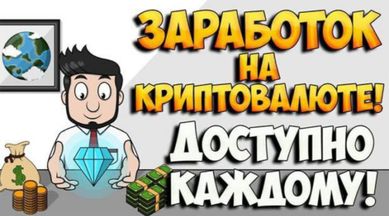
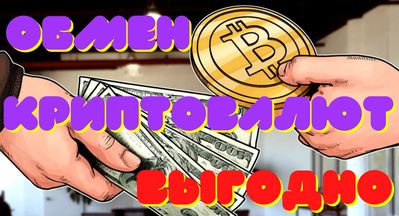


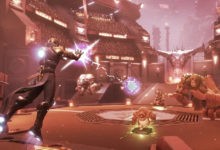

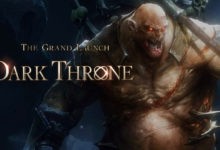
 Bitcoin
Bitcoin  Ethereum
Ethereum  Tether
Tether  USDC
USDC  Dogecoin
Dogecoin  Cardano
Cardano  TRON
TRON  Bitcoin Cash
Bitcoin Cash  Chainlink
Chainlink  Polygon
Polygon  Litecoin
Litecoin  Dai
Dai  LEO Token
LEO Token  Ethereum Classic
Ethereum Classic  Hedera
Hedera  Cosmos Hub
Cosmos Hub  Cronos
Cronos  Stacks
Stacks  Stellar
Stellar  OKB
OKB  Maker
Maker  Monero
Monero  Theta Network
Theta Network  Algorand
Algorand  NEO
NEO  Gate
Gate  KuCoin
KuCoin  Tezos
Tezos  EOS
EOS  Synthetix Network
Synthetix Network  IOTA
IOTA  Bitcoin Gold
Bitcoin Gold  Tether Gold
Tether Gold  TrueUSD
TrueUSD  Zilliqa
Zilliqa  Enjin Coin
Enjin Coin  Holo
Holo  Ravencoin
Ravencoin  0x Protocol
0x Protocol  Siacoin
Siacoin  Qtum
Qtum  Basic Attention
Basic Attention  NEM
NEM  Zcash
Zcash  Decred
Decred  Dash
Dash  Ontology
Ontology  Lisk
Lisk  Waves
Waves  DigiByte
DigiByte  Numeraire
Numeraire  Nano
Nano  Status
Status  Pax Dollar
Pax Dollar  Hive
Hive  Steem
Steem  Huobi
Huobi  OMG Network
OMG Network  BUSD
BUSD  Ren
Ren  Bitcoin Diamond
Bitcoin Diamond  Bytom
Bytom  Kyber Network Crystal Legacy
Kyber Network Crystal Legacy  HUSD
HUSD  Energi
Energi  Augur
Augur